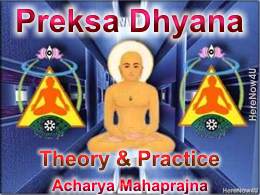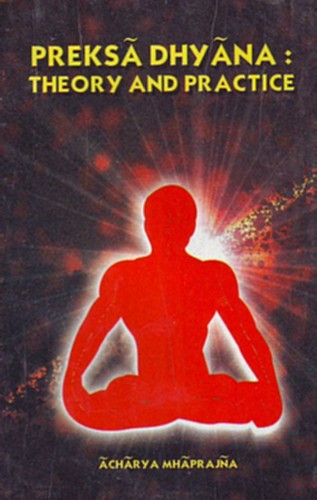
Instincts not only generate feelings but also command appropriate action to satisfy the need. This is true for all animals including men.
The most basic feelings, primal drives, are the unlearned instincts such as hunger, sex, anger, fear and aggression. Animals just act out of instinctive rituals of eating, courtship and fighting. As for man, hundreds of other emotional responses based on powerful feelings, not necessarily instinctual but learned, interact with primal drives, either reinforcing or countermanding it.
He can control his responses to the insistence of the instinctive drive, because he has reasoning mind, he can modify his behaviour, he may, for example, channel an erotic mood on to another creative action. This capacity of modification of behaviour distinguishes man from beast, which is incapable of controlling its responses to the command of instinctive drives. Because it does not possess a reasoning mind, a beast will always remain a beast and its behaviour will be bestial. Man, on the other hand, is capable of countermanding his bestial feelings and subjugate his carnal desires. Acharya Mahaprajna
Acharya Mahaprajna

